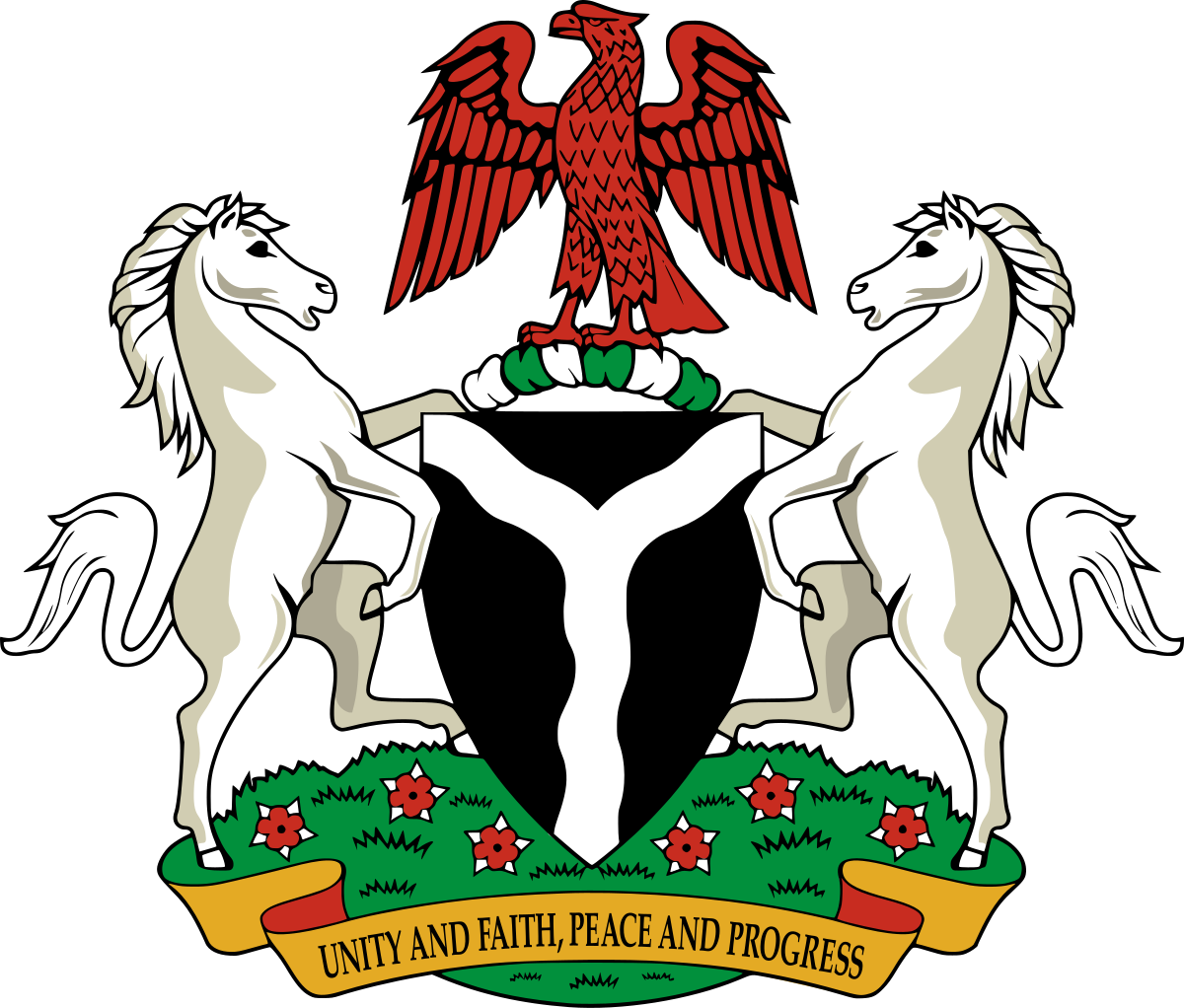14 February 2024, all the major social media platforms which I belonged to were sharing a sensational story concerning a proposed bill tabled before the House of Representatives for a constitutional amendment to switch the country’s political system from presidentialism to a parliamentary form of government?
I am not the least bit excited about this because it is not what would bring food to the tables of Nigerians or what would ameliorate the present economic hardship we all are experiencing.
It is therefore a red herring and diversionary tactic by the House of the Representatives wing of the National Assembly of the governing elite.
I wonder aloud why some of our legislators think that a switch in the form of government practice is panacea to the monumental problems and issues confronting and grappling the country.
Have they pondered, reflected and ruminated upon the historical experience that led the Constitutional Assembly convened in 1978 by the military government of General Olusegun Obasanjo to debate the report of the Constitutional Drafting Committee, to decide that Nigeria switch from a parliamentary system to a presidential system?
The Constitutional Drafting Committee and the Constitutional Assembly then were composed of some of the finest intellectual politicians, academics, religious leaders, business, and traditional leaders that this country had ever produced.
The Constitutional Assembly reflected and pondered on all the factors that led to the crisis that dogged the country after independence including centripetal and centrifugal forces that propelled and influenced and shaped the polity.
The Constitutional Assembly agreed that a country with the mosaic complexities and heterogeneity of Nigeria needs to have a President that would have the entire country as his constituency, not just a section or some sections of the country.
In other words a President to be elected must at least have significant support in two-thirds of all the States or regions of the Federation.
The Constitutional Drafting Committee and the Constitutional Assembly saw that one of the problems that brought the intractable political crisis experienced in the country between 1960 to 1966 which eventually led to the military coup that toppled the constitutionally elected leadership in 1966 was the parliamentary system practiced then in the country.
The parliamentary system then provided that somebody that was elected in a remote district of the country can become Prime Minister regardless of his limited political outreach and support in the entire country.
Even though he is politically and otherwise limited and restricted to his particular district, he would still be elected Prime Minister and Head of Government in an election in the Parliament simply because the Political Party that commanded a majority in the Parliament sponsored his election.
It was glaring that such a form of government was ill suited for a heterogenous and atomistic society like Nigeria where people clutched easily to primordial concerns rather than nationalistic considerations.
These centripetal and centrifugal pulls experienced by the country between 1960 to 1966, that made the constitutional assembly to decide that a presidential system (taking into account the historical, social, environmental and political circumstances of the country) is the best system to manage the heterogeneity of the country, has not died but has even worsened.
Therefore, I do not subscribe to the view that a parliamentary system is ideal for Nigeria.
If we desire to change the form of government we are currently practising, then we should work at having a meeting point between the parliamentary system and presidentialism, such as we have seen in countries like France.
I do not even think that it is the form of government that we are practicing that is making governance expensive as some people would make us believe.
What is making the cost of governance expensive is our legendary greed, covetousness, selfishness and seeing government as an avenue and instrument for the dispensation of patronage rather than public good for the greatest number.
I don’t see how the country would change even if there is a switch in the form of government as long as we continue to have people in the National Assembly who are taking a chunk of the national budget as perks and take home.
If we continue to have an echelon of civil servants that do not think about the masses but are more interested in wealth accumulation taking advantage of their privileged position in the bureaucracy.
The National Assembly by now should be thinking along the direction of making laws that would reduce the bureaucracy to bring about prudent management of resources, reduce corruption, inefficiency, maladministration and an economy that is productive and geared towards catering for the greatest number of Nigerians and stop wasting time on high falutin and utopian issues.
Credit-Okoi Obono-Obla
